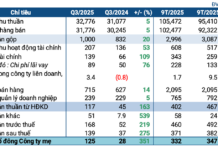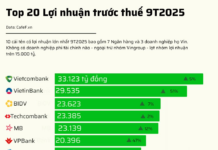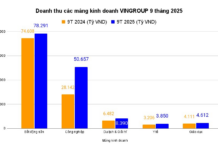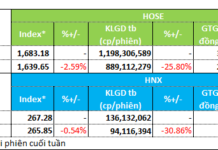Article 30 of the draft Labor Law (amended) stipulates provisions on part-time work for students, thereby ensuring the right to work of this group of people; at the same time, strengthening management, support and ensuring compliance with regulations of the law in this field.
Accordingly, the draft regulation stipulates that students from the age of 15 are allowed to work but no more than 20 hours/1 week during the school term and no more than 48 hours/1 week during the vacation.
In particular, the wages of students shall be paid on the basis of an agreement between the employee and the employer and based on the actual working time, volume and quality of the work performed.
The draft also states: General education institutions, higher education institutions, vocational education institutions and institutions involved in vocational education activities are responsible for managing students working part-time.
Through the practice of working part-time, Nguyen Thu (a first-year student at the University of Social Sciences and Humanities, Hanoi), said that she has almost 1 year of working part-time at a coffee shop. Coming from Thanh Hoa, because her family is still poor, she tries to take advantage of all free time to find extra work, paying for part of her tuition and living expenses; it also helps reduce the burden on her parents at home. Currently, she only has time to work part-time in the afternoon and evening because she has classes all day; on weekends she works full-time. Nguyen Thu expressed a desire to have more working time.
As for the salary, she only gets paid 10,000 – 15,000 VND/hour. Thu said that this is a low salary compared to working at a coffee shop, but she doesn’t have many options. At the same time, students working part-time have almost no right to “negotiate” their own wages. Most managers and employers justify that they lack experience and take time and effort to train, so their salaries are not equal to those of other workers.

Students participate in recruitment, job search. Illustrative photo
Commenting on this content of the draft Law, Mr. Ngo Duy Hieu, Vice President of the Vietnam General Confederation of Labor, said: The regulation on part-time work for students (Article 30) restricts the time “not exceeding 20 hours in 1 week during the school week and not exceeding 48 hours a week in one week during the vacation” with “students of working age as prescribed”. Thus, the labor force is students of working age (both over 18 years old – PV) will be controlled in terms of working time – this content is not in accordance with the Labor Code. On the other hand, in the case of students who live far from home and come from low-income families, restricting their working time will reduce their income, affecting their living and study expenses.
The representative of the Vietnam General Confederation of Labor proposed that regarding the “Wages of students”, it is necessary to supplement the provision of the wage level “not lower than the minimum hourly wage as prescribed by current law”. Because in reality, when negotiating wages, employees who are students are in a weak position in labor relations.
Therefore, it is necessary to limit the minimum floor for the wage level, to avoid employers paying too low wages, which are not commensurate with the labor of the employee when performing the job.
Moreover, applying the minimum hourly wage floor as prescribed by law in the labor relationship will ensure that the regulation is “students working part-time are equal in opportunities, not discriminated against, ensuring safety and occupational hygiene”.
The provision on the responsibility for managing students working part-time assigned to “General education institutions, higher education institutions, vocational education institutions and institutions participating in vocational education activities” is unreasonable. According to Mr. Ngo Duy Hieu, the responsibility for managing labor belongs to state management agencies (Department of Labor, Invalids and Social Affairs, Department of Labor, Invalids and Social Affairs) and enterprises. Other educational institutions are only responsible for managing education.


































